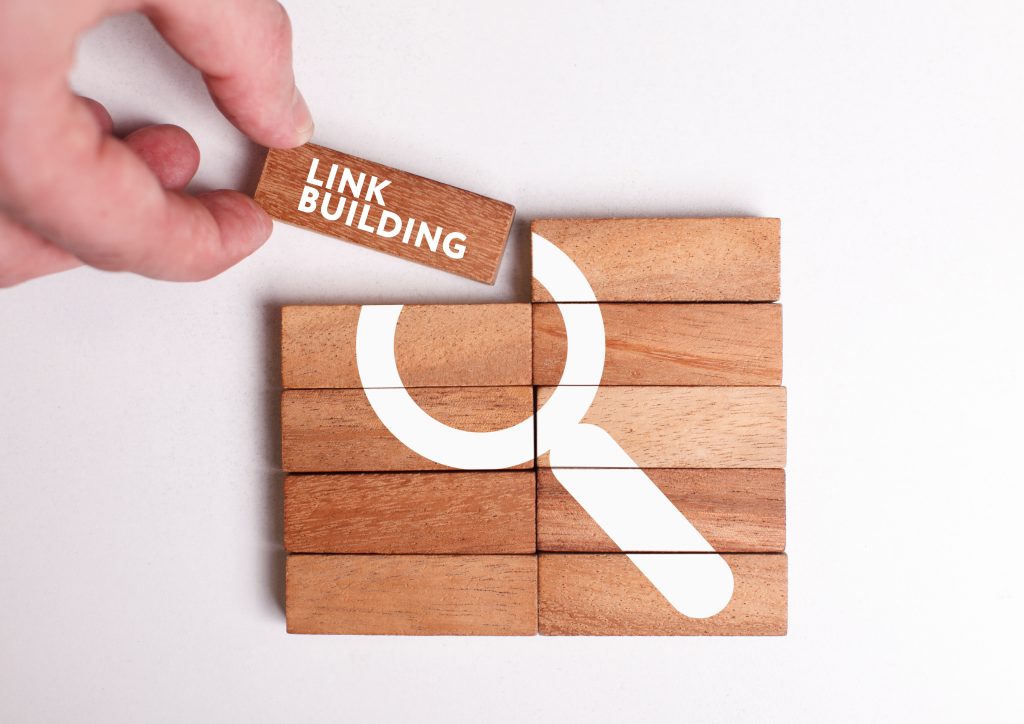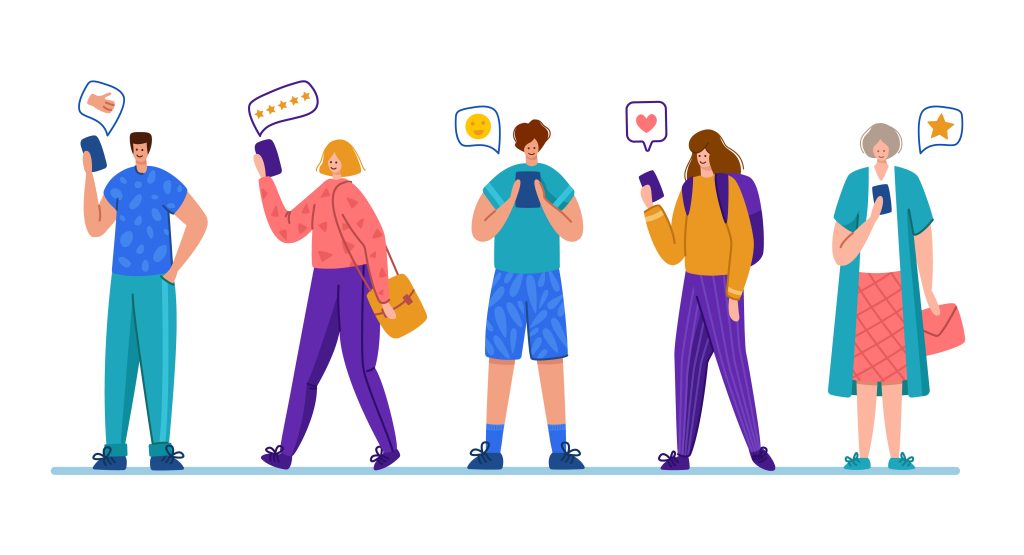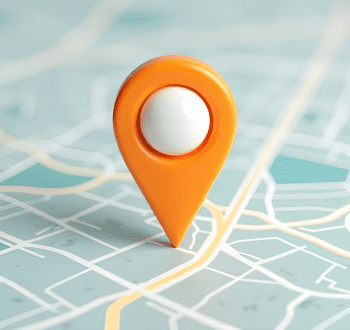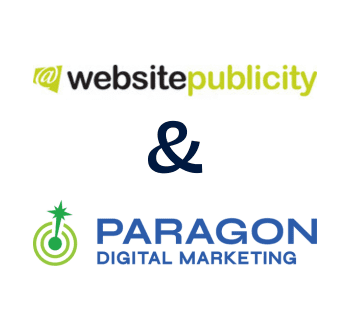
Blog
Learn about strategies, tactics and resources to engage with your audiences and achieve results.


How to Avoid Copyright Infringement

How to Successfully Use Remarketing

How to Make Sure Your Website is Responsive and Mobile-Friendly

Happy Earth Day From Paragon Digital!

The Future of Podcast Advertising

How to Get Quality Backlinks

3 Effective Lead Nurturing Tactics

How to Create a Customer Persona

Define Your Buyer’s Journey With These Tips & Examples

A Simple Guide To Understanding SEO

Website Publicity Joins Paragon
Stay connected with updates on our work, what we’re learning, and life behind the scenes at Paragon.